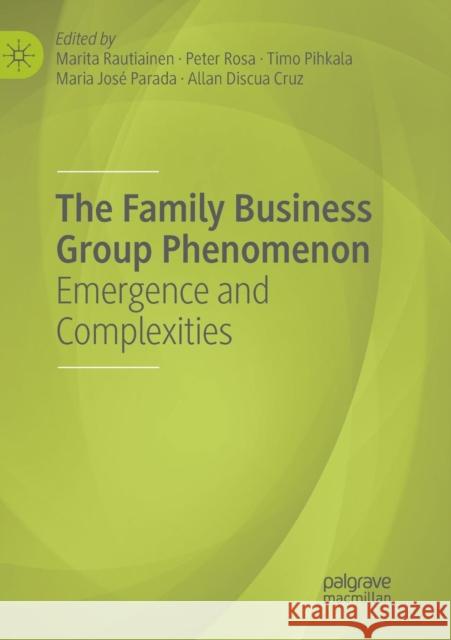The Family Business Group Phenomenon: Emergence and Complexities » książka
topmenu
The Family Business Group Phenomenon: Emergence and Complexities
ISBN-13: 9783030075040 / Angielski / Miękka / 2019 / 400 str.
Kategorie:
Kategorie BISAC:
Wydawca:
Palgrave MacMillan
Język:
Angielski
ISBN-13:
9783030075040
Rok wydania:
2019
Wydanie:
Softcover Repri
Ilość stron:
400
Waga:
0.50 kg
Wymiary:
21.01 x 14.81 x 2.21
Oprawa:
Miękka
Wolumenów:
01
Dodatkowe informacje:
Wydanie ilustrowane











